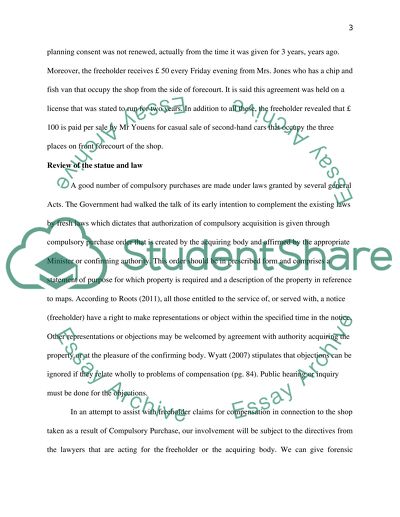Cite this document
(Claim for Compensation for the Freeholder Case Study, n.d.)
Claim for Compensation for the Freeholder Case Study. Retrieved from https://studentshare.org/law/1672662-statutory-valuation-compulsory-purchase-real-estate-bsc-course-2
Claim for Compensation for the Freeholder Case Study. Retrieved from https://studentshare.org/law/1672662-statutory-valuation-compulsory-purchase-real-estate-bsc-course-2
(Claim for Compensation for the Freeholder Case Study)
Claim for Compensation for the Freeholder Case Study. https://studentshare.org/law/1672662-statutory-valuation-compulsory-purchase-real-estate-bsc-course-2.
Claim for Compensation for the Freeholder Case Study. https://studentshare.org/law/1672662-statutory-valuation-compulsory-purchase-real-estate-bsc-course-2.
“Claim for Compensation for the Freeholder Case Study”, n.d. https://studentshare.org/law/1672662-statutory-valuation-compulsory-purchase-real-estate-bsc-course-2.


